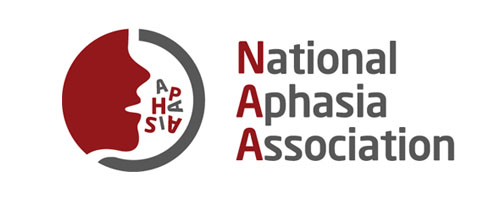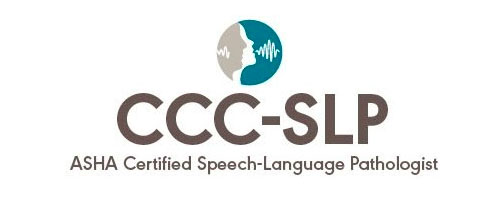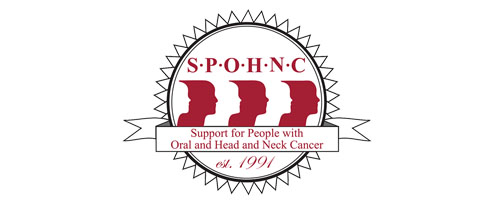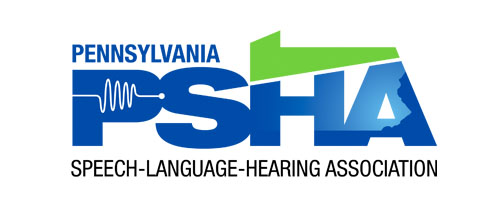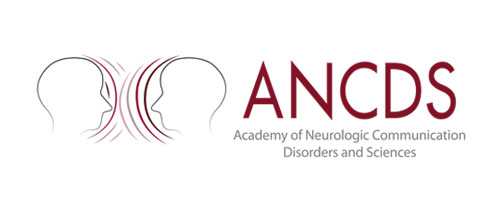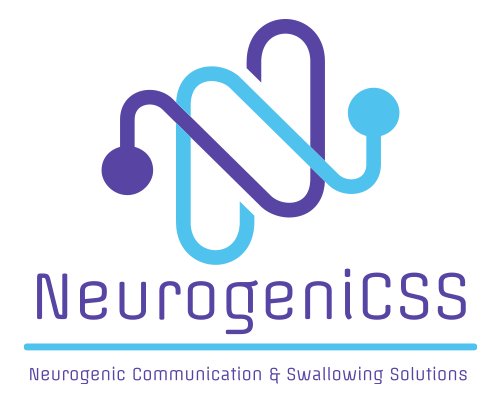
Between 5 to 10 percent of U.S. Americans may struggle with disorders affecting their communications with others. That’s nearly 40 million people! Speech therapy helps people rebuild their skills after an injury, stroke, the onset of Parkinson’s disease, or other neurological degenerative diseases. A speech therapist helps improve speech, language, swallowing, and voice deficits. Understanding the nature of your disorder can help you with progress in therapy. Your issue may be one of the four most common, discussed below.
Most Common Disorders Treated with Speech Therapy
The many speech and swallowing issues treated by speech therapists are due to various types of injuries, illnesses, and diseases. Here are five of the most common disorders for which a speech-language pathologist (SLP) can provide treatment.
Apraxia
Acquired apraxia of speech is a neurologically originated motor speech disorder. That means there are problems in the brain’s ability to plan and sequence the necessary motor movements for speaking. People with this disorder struggle with frequent disconnects between what they want to say and the functionality to make the mouth execute necessary movements to say the words.
The disorder can result from a degenerative condition or a neurological injury like stroke. Signs of verbal apraxia can include struggling to speak, various errors when trying to speak, and problems beginning words. People with apraxia also may try unsuccessfully to make a particular vocal sound correctly, omit sounds, and have other verbalization difficulties.
Aphasia
Aphasia is a neurological language disorder impacting the understanding and/or expression of language. Aphasia can be due to a stroke, brain tumor, or other acquired neurological disorder. The various kinds of aphasia range in severity. Even a mild form of the disorder can negatively impact a person’s quality of life.
The most common forms are either nonfluent or fluent aphasia, with various subtypes. With some types, individuals have difficulty finding words while speaking, struggle with speech that is fragmented or have trouble understanding in groups or people who are talking fast.
Dysphagia
Dysphagia is the medical term for difficulty swallowing. If dysphagia persists over time it can lead to severe medical problems. This condition is more often developed in older adults. Dysphagia can be caused by an injury, illness, disease, or other condition that damages, weaken, or otherwise impacts the nerves and muscles necessary for swallowing. Or, it can be caused by any issue that results in a narrowing of the esophagus or other area of the throat.
People with dysphagia may have extreme difficulty swallowing, feel pain when swallowing, or experience coughing or gagging. They may experience food coming back up the throat, frequent heartburn, or stomach acid coming up into the throat.
Dysarthria
Dysarthria is a motor speech disorder that occurs when the muscles required for speech are weak or uncoordinated. This neurologically-based speech disorder often follows a stroke, or the onset of ALS, Parkinson’s disease, Huntington’s disease, MS, or other diseases.
Dysarthria often impacts articulation, phonation, and even respiration, which makes it difficult for the individual to speak clearly and with enough volume to be well heard and understood. Speech may be mumbled, slurred, or excessively slow. A person coping with dysarthria may have difficulty engaging with others to talk on the phone or in person due to others’ inability to understand what he or she is saying.
Speech Therapy Techniques and Timelines
The therapeutic methods, techniques, intensity, and timelines for the completion of your treatment plan all depend on numerous factors. Your speech therapist will perform testing to acquire baseline data. This will help in clearly understanding your specific needs and goals, your medical history, your strengths and weaknesses, and other factors of your prognosis. Timelines are largely determined by the extent of your condition and/or injuries, your goals for treatment, and the intensity of the therapy that you accept and want to have.
NeurogeniCSS for Adult Speech and Swallowing Disorders
Neurogenics provides solutions for speech, voice, and swallowing issues due to a range of causes. We offer speech therapy for adults in our comfortable treatment facility in Newtown, Pennsylvania. We use today’s state-of-the-art diagnostic and therapeutic methodologies. In-clinic and teletherapy sessions are available. We accept most major health insurance.

